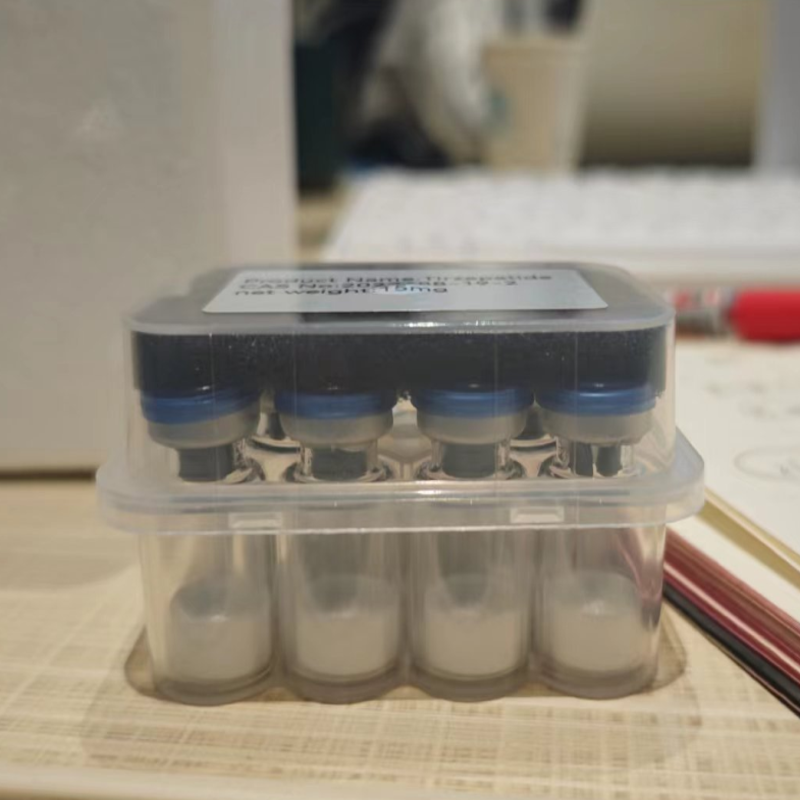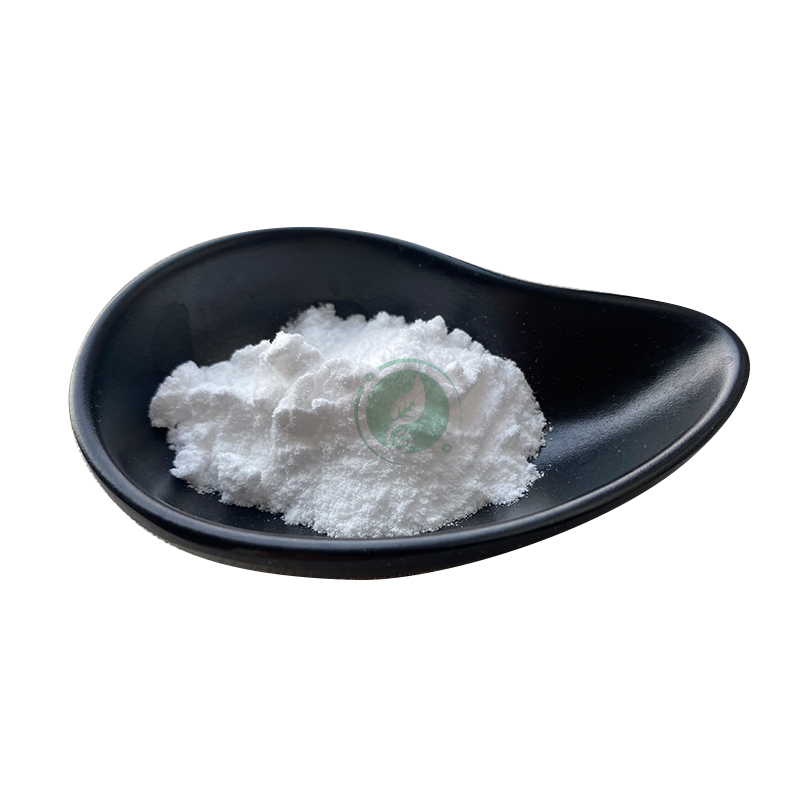-
Categories
-
Pharmaceutical Intermediates
-
Active Pharmaceutical Ingredients
-
Food Additives
- Industrial Coatings
- Agrochemicals
- Dyes and Pigments
- Surfactant
- Flavors and Fragrances
- Chemical Reagents
- Catalyst and Auxiliary
- Natural Products
- Inorganic Chemistry
-
Organic Chemistry
-
Biochemical Engineering
- Analytical Chemistry
-
Cosmetic Ingredient
- Water Treatment Chemical
-
Pharmaceutical Intermediates
Promotion
ECHEMI Mall
Wholesale
Weekly Price
Exhibition
News
-
Trade Service
The 41st J.
P.
Morgan Annual Healthcare Conference kicked off on January 9 in San Francisco
, USA.
After two years of online meetings, this conference was finally able to be held
offline.
Mike McMullen, CEO of Agilent Technologies, highlighted the company's plans to expand its therapeutic nucleic acid manufacturing capabilities
in his presentation.
Therapeutic nucleic acids, also known as therapeutic oligonucleotides, are short fragments of DNA and RNA molecules that will serve as active ingredients in drugs to treat a variety of diseases, including cancer, cardiovascular disease, rare diseases, and infectious diseases
.
Currently, the market valuation for therapeutic oligonucleotides is about $1 billion and will reach $2.
4 billion
by 2027.
Last week, Agilent announced its plans to invest $725 million to double the capacity of its Frederick, Colorado facility to meet growing demand
.
The funding will establish two additional production lines, operational by 2026, for the production
of siRNAs, antisense oligonucleotides and CRISPR-guide RNAs.
Agilent currently has one line in operation and a second line that will be operational by the middle of this year, adding at least $150 million in revenue and achieving full production
in September.
In fiscal 2022, the revenue from the company's existing operations exceeded $300 million
.
"We're on our way to $1 billion in revenue," McMullen said
.
Robert McMahon, chief financial officer of Agilent, said he believes demand for these molecules will increase
after discussing future clinical trials with existing customers.
"When you look at the areas that oligonucleotide therapies target, they are an increasingly broad patient population," he said
.
McMullen also spoke about the company's recent partnership
with Akoya Biosciences.
The two companies announced a partnership in early January to jointly develop multiplex immunohistochemistry diagnostics for tissue analysis and launch multiplex process solutions
for the clinical research market.
They will integrate Agilent's Dako Omnis automated staining instrument with Akoya's PhenoImager HT imaging platform to enable multiplex chromogenic immunohistochemistry and immunofluorescence detection
.
Agilent and Akoya will collaborate to develop color rendering and immunofluorescence multiplex assays, including spatial analysis, for use by biopharmaceutical companies developing precision cancer therapies
.
Spatial phenotypic analysis using multiplex imaging techniques not only has the advantages of single-cell analysis, but also preserves the spatial relationship between cells, which helps to uncover new insights
into cell structure and therapeutic response in the tumor microenvironment.
McMullen noted that despite the COVID-19 pandemic, the company achieved 18% growth
in China in fiscal 2022.
Cell analysis generated approximately $400 million in revenue in
fiscal 2022.
According to Agilent's early financial report, the company's fourth-quarter operating income was $1.
850 billion, up 11% year-over-year, and the company's operating income in fiscal 2022 was $6.
85 billion, up 8%
from fiscal 2021.
Looking ahead to fiscal 2023, Agilent expects revenue to be in the range of $6.
9 billion to $7 billion, or 5% to 6.
5 percent
.
"We're able to see the next three to six months very well," McMullen said
.
"But what it will look like in half a year, we really don't know
.
"
Regarding future M&A activity, McMullen reiterated that cell analysis, genomics and diagnostics "remain priority areas for the company.
"







